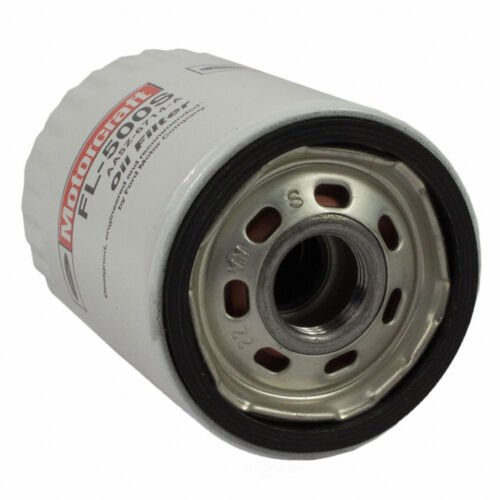A fuel filter is a vital component in your vehicle’s fuel system, often overlooked but crucial for its optimal performance and longevity. Its primary function is to remove contaminants and impurities from the fuel before it reaches the engine’s delicate components. By doing so, it safeguards your engine from potential damage and ensures smooth, efficient operation.
How Does a Fuel Filter Work?
A fuel filter typically consists of a metal housing that encloses a filter element. This element can be made of various materials, such as paper, cloth, or a synthetic material. As fuel flows through the filter, the contaminants are trapped within the filter element, preventing them from entering the engine.
Types of Fuel Filters
There are two main types of fuel filters:
-
Inline Fuel Filter:
- This type is commonly found in modern vehicles and is integrated directly into the fuel line.
- It’s a compact and efficient solution that filters the fuel as it flows through the line.
-
Spin-On Fuel Filter:
- This type is typically larger and is attached to the fuel line using a threaded connection.
- It’s often used in diesel engines and heavy-duty vehicles, where the fuel may contain more contaminants.
Why is a Fuel Filter Important?
A well-functioning fuel filter offers numerous benefits:
- Engine Protection: By removing contaminants, it prevents damage to sensitive components like fuel injectors and the engine’s internal parts.
- Improved Fuel Economy: Clean fuel ensures optimal combustion, leading to better fuel efficiency and reduced fuel consumption.
- Enhanced Engine Performance: A clean fuel supply allows for smoother engine operation, improved acceleration, and increased horsepower.
- Longer Engine Life: By protecting the engine from wear and tear, a fuel filter contributes to its longevity.
Signs of a Clogged Fuel Filter
A clogged Fuel Filter can cause various issues. Here are some common signs:
- Difficulty Starting: The engine may struggle to start or take longer to crank.
- Poor Engine Performance: The vehicle may experience decreased power, sluggish acceleration, or hesitation during acceleration.
- Reduced Fuel Economy: A clogged filter can lead to increased fuel consumption.
- Rough Idle: The engine may idle unevenly or stall.
- Check Engine Light: A clogged filter can trigger the check engine light.
How Often Should You Replace Your Fuel Filter?
The frequency of fuel filter replacement depends on factors such as the type of fuel used, driving conditions, and the vehicle’s maintenance schedule. However, it’s generally recommended to replace the fuel filter every 15,000 to 30,000 miles or as specified in your vehicle’s owner’s manual.
DIY Fuel Filter Replacement
While replacing a fuel filter is a relatively simple task for many vehicle owners, it’s important to consult your vehicle’s owner’s manual for specific instructions. Here are some general tips:
- Gather Necessary Tools: You’ll need basic tools like wrenches, pliers, and a fuel filter wrench.
- Locate the Fuel Filter: Identify the location of the fuel filter under the hood or in the engine compartment.
- Drain the Fuel: Use a drain pan to collect any fuel that may spill during the replacement process.
- Disconnect the Fuel Lines: Carefully disconnect the fuel lines from the old filter, being mindful of any fuel pressure.
- Install the New Filter: Attach the new filter to the fuel lines, ensuring a tight connection.
- Reconnect the Fuel Lines: Carefully reconnect the fuel lines to the new filter.
- Check for Leaks: After installation, inspect the connections for any fuel leaks. Also read it
Professional Installation
If you’re unsure about replacing the fuel filter yourself, it’s best to have it done by a qualified mechanic. They have the expertise and tools to ensure proper installation and avoid potential issues.
By prioritizing regular fuel filter maintenance, you can significantly improve your vehicle’s performance, fuel efficiency, and longevity. Remember, a small investment in a fuel filter can yield big rewards for your vehicle’s health.



